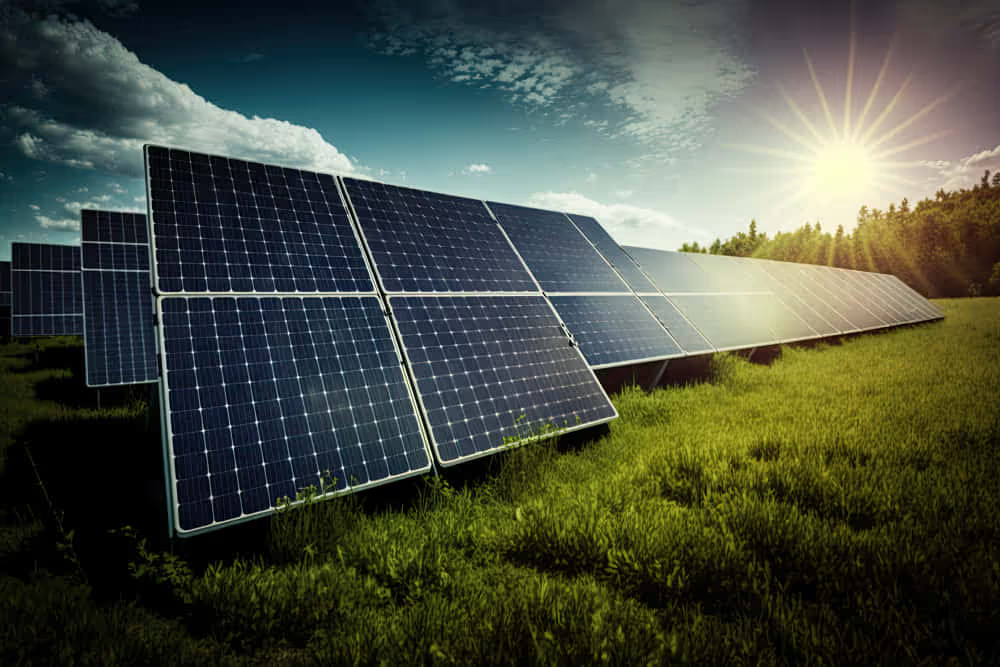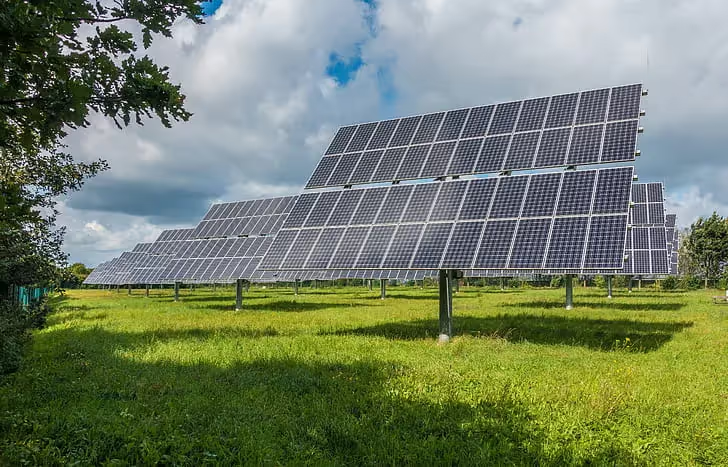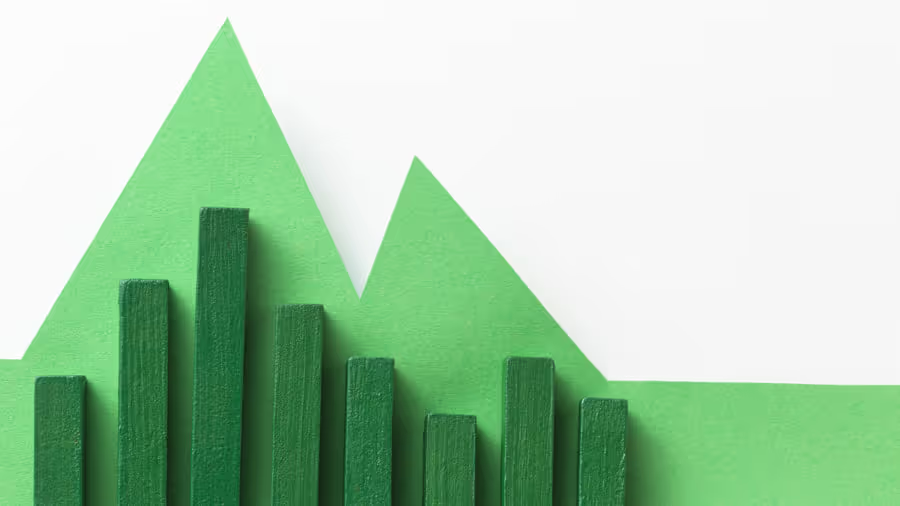
As climate change and environmental challenges take center stage in global conversations, the concept of the green economy has emerged as a powerful framework for creating a more sustainable, equitable, and resilient future. But what exactly is the green economy, and why should it matter to businesses, individuals, and governments alike?
This article explores the foundations of the green economy, why it's important, which sectors are leading the transition, and how each of us can play a role in supporting it.
What is the green economy?
The green economy refers to an economic model that aims to reduce environmental risks and ecological scarcities while promoting sustainable development without degrading the environment. It emphasizes a green and low carbon economy, efficient use of resources, and social inclusion.
Unlike traditional economic models that often prioritize growth at the expense of the planet, the green economy is built around three key pillars:
- Environmental sustainability: Protecting ecosystems and reducing pollution.
- Economic efficiency: Using resources in ways that create long-term value.
- Social equity: Ensuring that the benefits of green development are shared fairly.
The green economy is not a niche or a temporary fix—it’s a systemic shift in how we think about progress, innovation, and prosperity.
This basically means that a green economy is an economic model focused on sustainable growth. Its main goal is to reduce environmental risks, using resources efficiently, and promoting low-carbon activities like renewable energy, waste management, and conservation. Besides that, it can greatly help the world by creating jobs and well-being without harming the planet. Such a system is one resource-efficient, low-carbon and socially inclusive, aiming for long-term ecological balance alongside economic prosperity.
Why is the green economy important?
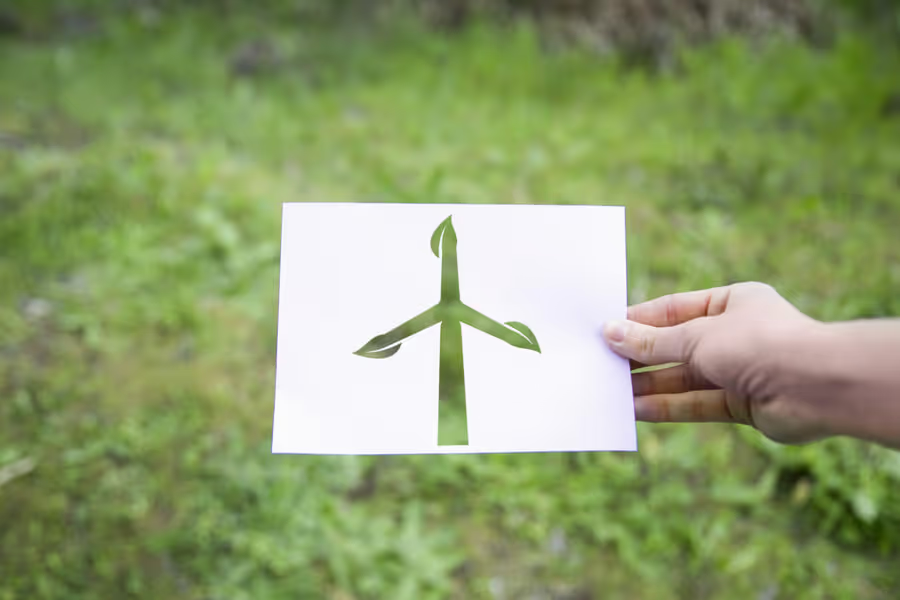
The importance of the green economy lies in its potential to address the root causes of climate change, restore biodiversity, and reduce environmental degradation—all while creating economic opportunities.
Here’s why it matters:
- It drives innovation in clean technologies and sustainable business models.
- It creates jobs in renewable energy, circular economy, green construction, and more.
- It reduces reliance on fossil fuels, decreasing global emissions and air pollution.
- It promotes resilience in supply chains and communities facing environmental risks.
- It aligns with global goals, including the Paris Agreement and UN Sustainable Development Goals (SDGs).
In short, the green economy offers a roadmap for thriving in a world where environmental limits are increasingly clear.
Key sectors in the green economy
Several industries are leading the charge toward a greener, more sustainable economy. These sectors not only help reduce environmental impact but also open up significant opportunities for innovation and investment:
- Renewable energy: solar, wind, hydro, and bioenergy are at the heart of the transition to clean power.
- Green building and construction: using energy-efficient materials and technologies to create sustainable infrastructure.
- Sustainable agriculture: practices that reduce emissions, conserve water, and improve soil health.
- Circular economy and waste management: reusing, recycling, and repurposing materials to minimize waste.
- Clean transportation: electric vehicles, public transit, and low-emission logistics solutions.
- Green finance: investments and financial products that support environmentally responsible initiatives.
How economy green can be supported by individuals and businesses
Everyone has a role to play in accelerating the green transition. Here’s how:
For Individuals:
- Choose renewable energy for your home, when possible.
- Reduce consumption by buying less and choosing durable, eco-friendly products.
- Support sustainable brands and local businesses with green practices.
- Educate yourself and others about environmental issues and solutions.
- Advocate for policies that support climate action and green innovation.
For Businesses:
- Measure and reduce your carbon footprint through clean energy and energy-efficient operations.
- Adopt circular economy principles, such as reducing waste and reusing materials.
- Invest in green technology, like smart energy systems and sustainable logistics.
- Report transparently on ESG (Environmental, Social, and Governance) practices.
- Collaborate across sectors to innovate and scale green solutions.
Businesses that embrace the green economy not only future-proof their operations—they also gain a competitive advantage in a market where customers, investors, and regulators increasingly prioritize sustainability.
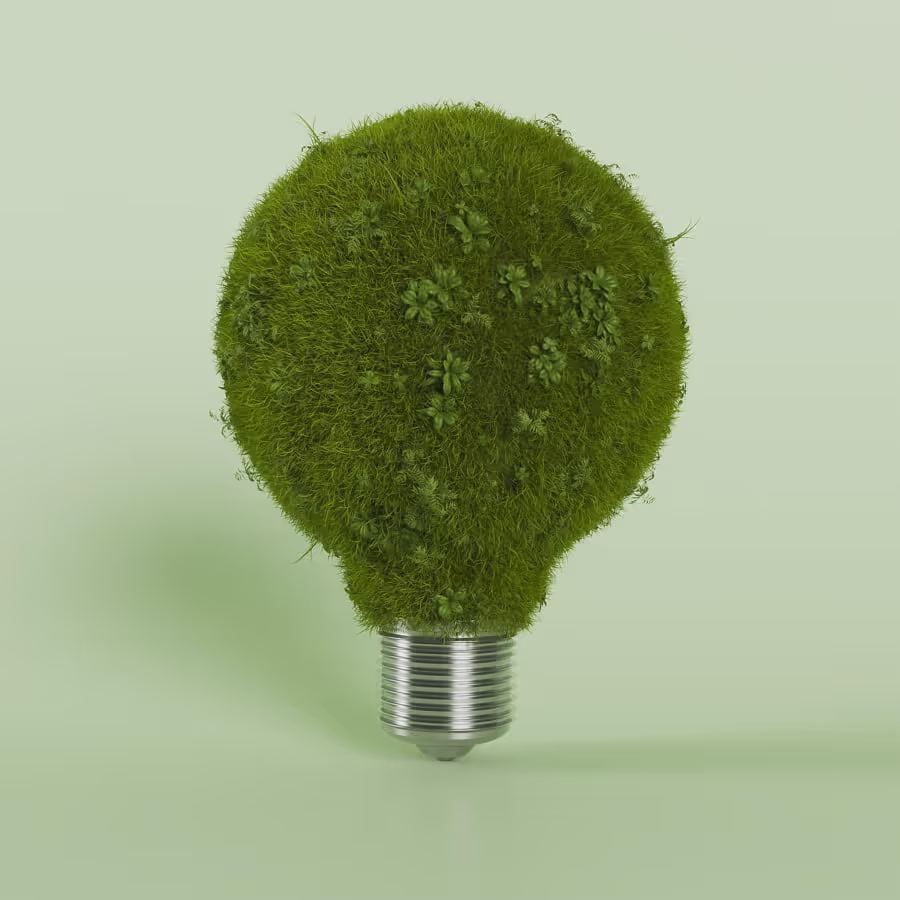
A greener future for all
The green economy isn't a far-off ideal—it's already here, reshaping how we produce, consume, and live. From powering cities with renewables to redesigning supply chains and redefining business goals, the green transition is picking up momentum around the world.
At Bluence, we believe that technology and sustainability go hand in hand. Our software solutions help companies in the renewable energy sector optimize performance, improve transparency, and make smarter decisions—because a truly green economy depends on data, innovation, and collaboration.
Whether you’re an energy provider, a business owner, or simply a curious individual, there’s a place for you in the green economy. The future is sustainable—and it starts now.
Frequently Asked Questions About Green Economy
How does the green economy create jobs?
There are many ways it can help! Roles for clean energy, sustainable infrastructure, even recycling. All of this can be really useful to make the world greener.
Why is green economy important in today's world?
There are many reasons, but the main one is that if you support the green economy, you’ll reduce consumption, help to develop sustainable products, responsible brands, and advocate for climate-friendly policies, providing a better world for your loved ones in the future.

